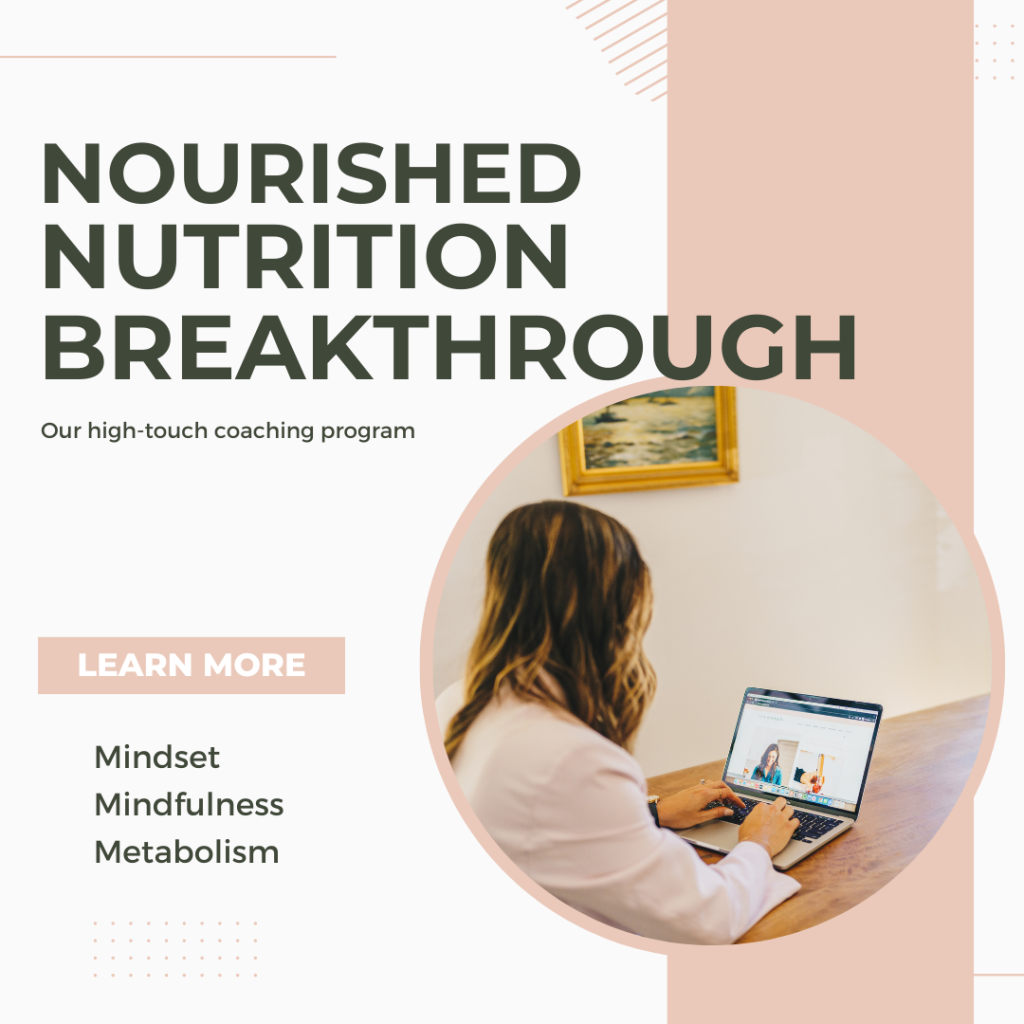We all know a little bit about weight loss programs that have been around for years ⎯ Weight Watchers, Jenny Craig, you name it. We’ve probably heard of MyFitnessPal, a food tracker that counts your caloric intake, and we’ve seen the wide array of diets that are trending on our social media feeds. Many of these are widely known, and you’ve probably come across some sort of criticism for each. A lot of weight loss programs are marketed similarly, telling you that following their specific diet or meal plan will be the key to your weight loss success. Noom, however, is extremely different, advocating for the psychological and educational components to losing weight.
Is Noom really different from all these other companies, or is this just another program that will waste your time and money?
We’ll explore our thoughts on Noom today.
First, let’s break down what Noom is.
When you open the app or website, you will be directed to take a quiz that asks you many questions to evaluate your current eating and workout habits as well as your weight loss goals. From there, you are given resources on the app that are meant to teach you about making behavioral changes that can lead to weight loss. In addition, Noom divides food into categories by color, with red as foods they suggest you limit, green as foods you should aim to consume, and yellow as somewhere in between. These categories are designed based on caloric density, so foods that are higher in calories will be labeled red. Additionally, the app will calculate a date at which you are presumed to reach your desired weight.
This sounds good, right?
There are some aspects to Noom that can be very beneficial to weight loss. Focusing on behavioral changes can be very helpful for many individuals, especially those who tend to eat when they are bored or emotional. A lot of people are successful in reaching their health goals when a change in mindset takes place (which is why it is a major focus of the NNB program, learn more about those mindset shifts HERE!).
The psychological aspect to Noom is different from many weight loss programs that came before it, and it is definitely a positive addition. On top of that, Noom doesn’t suggest that its users restrict any foods or food groups completely, unlike other trending diets. An “all food fits” mentality is definitely more sustainable than diets that heavily restrict what a person can eat.
Are there really no limits to what you can eat?
Technically yes, Noom allows its users to eat anything. However, if following the app’s instructions, a user will be trying to avoid their consumption of foods in the “red” category. Although you can still eat that food, many users report feeling restricted by the categories and feel guilty after eating. Putting foods into categories can lead to disordered eating, and it definitely won’t help the psychological component that the app says is so important.
Instead of thinking about foods as simply “good” or “bad”, try to identify what a food adds to your diet. Is it a good source of protein that will repair your muscles? Does it provide you with fiber that will keep you feeling full? It is full of carbohydrates that will fuel your body with energy? Does it satisfy your sweet tooth so you aren’t distracted by thoughts of food the rest of the day?
Every food really does fit, and Noom’s categories aren’t going to build a healthy or happy relationship with food.
What is helping its users lose weight?
According to a study with 36,000 participants, 78% of the app’s users lost weight, so there is definitely evidence that Noom will help users achieve their goal. However, the app focuses on individuals eating in a calorie deficit. Many reported that the app suggested they eat less than 1200 calories a day in order to lose weight, which is extremely unhealthy. (And honestly, low calorie does not always = weight loss!)
Others who were successful in losing weight reported feeling very hungry all the time. Furthermore, the app’s health coaches that are guiding you through your weight loss journey are not registered dieticians. Their end goal is to benefit the company – your health is not the priority. Even though weight is coming off, individuals are not becoming more healthy or more nourished, and many find that the method is unsustainable. To make matters worse, many individuals do report gaining weight back after stopping Noom, showing how it wastes time, money, and energy.
If you are really looking to take control of your health, it’s important to educate yourself on foods that will leave you feeling full and satisfied so that you can continue implementing healthy habits for years down the road.
Unfortunately, Noom users are investing in a program that won’t actually teach them how to lead a healthier life. Instead, they will be taught to put food into categories, leading to guilt and unhealthy eating patterns. They will be taught to consume as few calories as possible, rather than benefiting from the plethora of nutrients food has to offer. They will be taught to lose weight as fast as they can, and they most likely will gain it all back.
Instead of downloading Noom, we can acknowledge the importance of behavioral change and nutrition education that is needed for sustainable weight loss. This is exactly what our Nourished Nutrition Breakthrough program provides – education, support, guidance, and accountability so that you can focus in on your MINDSET, MINDFULNESS, and METABOLISM.
If you’re looking to lose weight for good without dieting, feel more confident than ever in your own body, and never second guess about what or how much to eat again, watch our program video and apply for our Nourished Nutrition Breakthrough program.
Article written by nutrition intern, Ari Harkavy. Fact checked by Allison Tallman RD.

